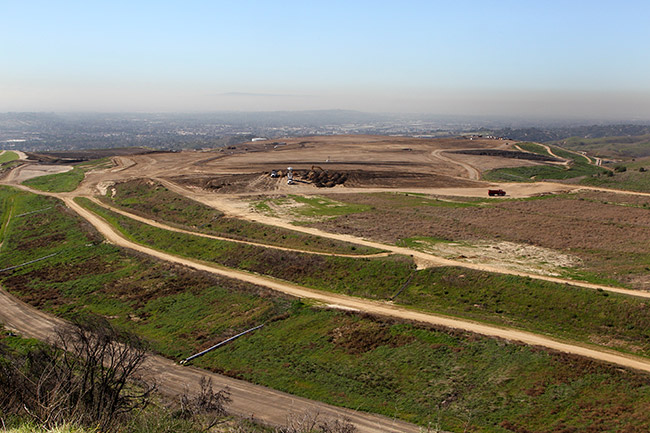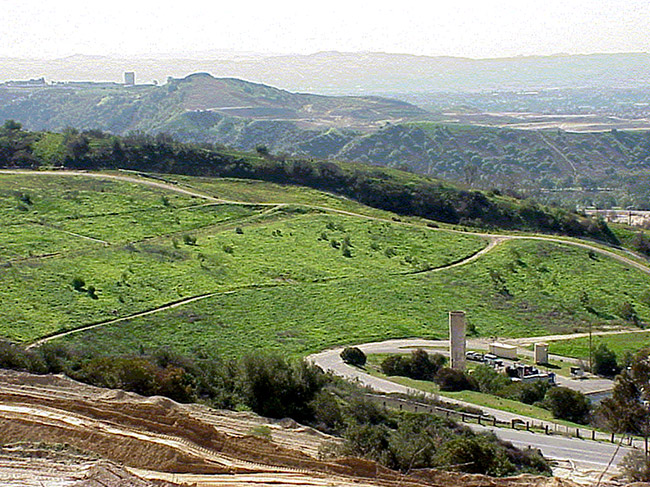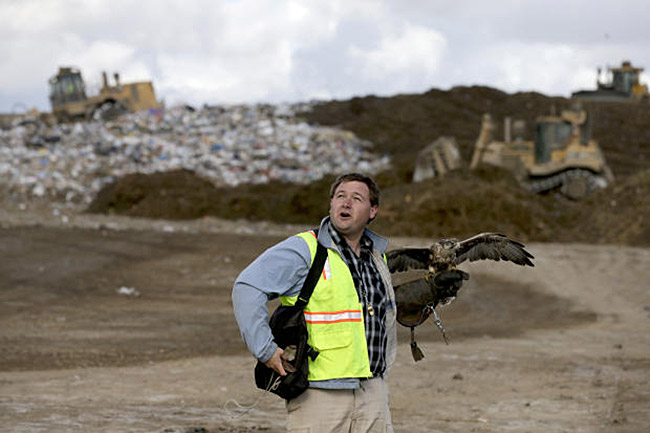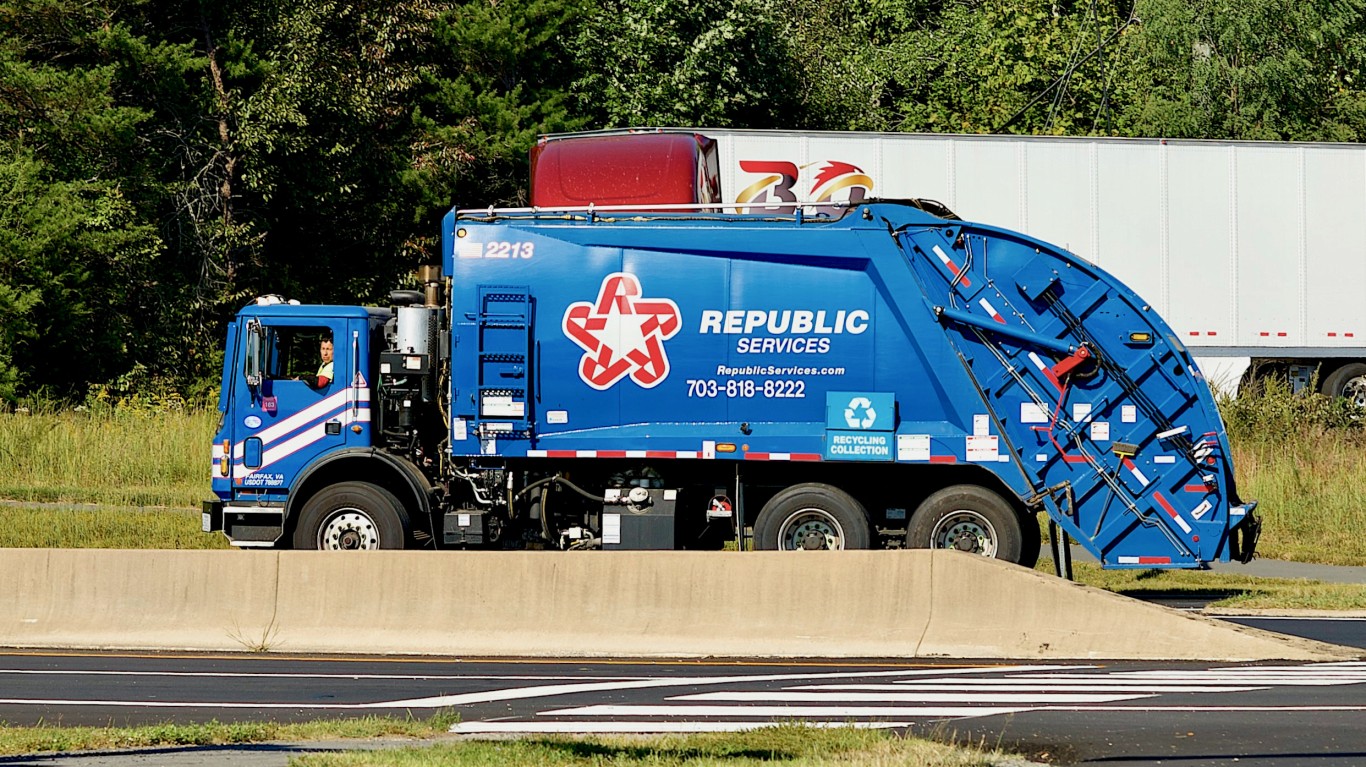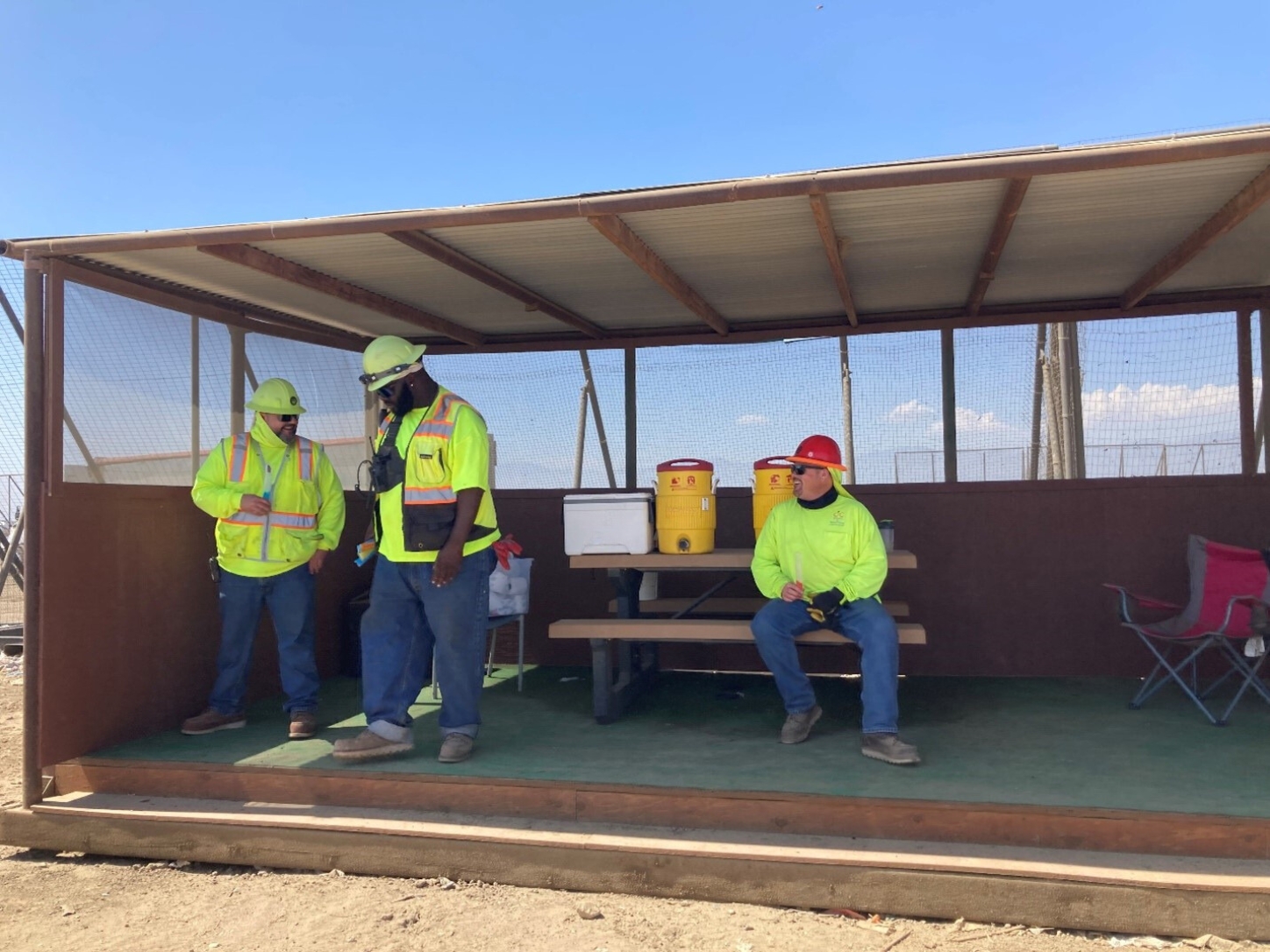Olinda Alpha Landfill / Oc Waste & Recycling

The golden California sun beat down, not with the harsh glare of summer, but with the gentle warmth of late autumn. A hawk circled lazily overhead, riding the thermals above a landscape that, at first glance, might seem unremarkable. But beneath the surface, at the Olinda Alpha Landfill in Brea, California, something remarkable is happening – a story of transformation, sustainability, and community engagement.
At the heart of Orange County's waste management system, Olinda Alpha isn't just a repository for refuse. It's a dynamic site where OC Waste & Recycling is implementing innovative strategies to minimize environmental impact, harness resources, and contribute to a healthier, more sustainable future for the region. This article delves into the story of Olinda Alpha, exploring its operations, challenges, and the inspiring initiatives that are shaping its evolution.
A History Rooted in Responsibility
The Olinda Alpha Landfill has been a part of the Orange County landscape for decades. It opened its gates in 1960, a response to the growing need for waste disposal as the county's population boomed.
Over the years, the landfill has undergone significant changes, evolving from a simple disposal site to a sophisticated waste management facility. These developments reflect a broader shift in societal attitudes toward waste, with increasing emphasis on reduction, reuse, and recycling.
OC Waste & Recycling: Stewards of Sustainability
OC Waste & Recycling, the agency responsible for managing Olinda Alpha and other waste facilities in the county, plays a crucial role in this transformation. Their mission extends beyond simply collecting and disposing of waste. They aim to protect public health and the environment through responsible waste management practices.
The agency's approach is guided by the principles of the waste management hierarchy: reduce, reuse, recycle, and recover. They actively promote waste reduction programs, support recycling initiatives, and explore innovative technologies to minimize landfilling.
The Inner Workings of Olinda Alpha
Olinda Alpha is a complex operation, designed to handle a substantial volume of waste safely and efficiently. The site employs a variety of engineering controls and monitoring systems to protect the environment.
These include liners to prevent groundwater contamination, systems to collect and treat leachate (liquid that percolates through the waste), and gas collection systems to capture methane, a potent greenhouse gas produced during decomposition. The captured methane is then used to generate electricity, turning a potential environmental problem into a valuable energy source.
Landfill gas collection systems are essential for mitigating the climate impact of landfills. By capturing and utilizing methane, Olinda Alpha significantly reduces its contribution to global warming. This aligns with California's ambitious goals for reducing greenhouse gas emissions.
Community Engagement and Education
OC Waste & Recycling recognizes the importance of community engagement in achieving its sustainability goals. They actively work to educate residents and businesses about waste reduction, recycling, and proper disposal practices.
Educational programs, tours of the facility, and outreach events are just some of the ways they connect with the community. These efforts aim to foster a greater understanding of the waste management process and empower individuals to make more environmentally conscious choices.
"We believe that education is key to creating a more sustainable future," says a spokesperson for OC Waste & Recycling. "By providing residents with the knowledge and tools they need to reduce waste and recycle properly, we can collectively minimize our impact on the environment."
These community outreach programs extend to local schools, teaching children about the importance of recycling and waste reduction from a young age. By instilling these values early on, OC Waste & Recycling is helping to create a generation of environmentally conscious citizens.
Challenges and Future Directions
Despite the significant progress made, Olinda Alpha and OC Waste & Recycling face ongoing challenges. Landfill space is finite, and the growing population of Orange County continues to generate a substantial amount of waste.
Finding sustainable solutions to manage this waste stream is a top priority. OC Waste & Recycling is actively exploring innovative technologies, such as anaerobic digestion and waste-to-energy systems, to further reduce landfilling.
Anaerobic digestion, for example, breaks down organic waste in the absence of oxygen, producing biogas that can be used as a renewable energy source. This technology offers a promising way to divert food waste and other organic materials from landfills, while simultaneously generating clean energy.
The Road Ahead: A Vision for Sustainability
The story of Olinda Alpha is a testament to the power of innovation and commitment to environmental stewardship. What was once simply a landfill is now a dynamic site where waste is managed responsibly and resources are recovered.
As OC Waste & Recycling continues to implement new technologies and expand its outreach programs, Olinda Alpha is poised to play an even greater role in creating a more sustainable future for Orange County.
Looking ahead, the vision for Olinda Alpha is one of continuous improvement. OC Waste & Recycling is committed to staying at the forefront of waste management practices, embracing new technologies, and working collaboratively with the community to achieve a zero-waste future.
The hawk continues its graceful dance in the sky, a silent witness to the transformation taking place below. The Olinda Alpha Landfill, a place that might easily be overlooked, is actually a symbol of hope, demonstrating that even in the face of daunting challenges, we can find innovative solutions to protect our planet and build a more sustainable world. The story of Olinda Alpha is a reminder that responsible waste management is not just about disposing of trash; it's about safeguarding our environment, conserving resources, and creating a better future for generations to come.





